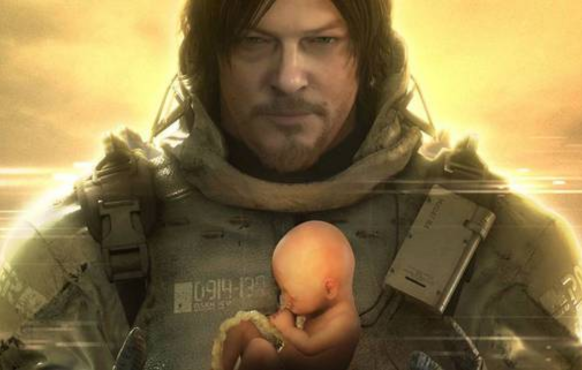
By: Enzo Albuquerque (Grade 5)
Hideo Kojima’s Death Stranding transcends what is gaming, demanding rigorous intellectual thoughts. Its heavy, post-apocalyptic landscapes and arduous traversal when it concerns geographical challenges, where the human interaction and society reconstruction must conciliate. Sam Porter Bridges task of re-establishing the “Chiral Network” mirrors in historical nation-building and challenging environments, a land scarred by past cataclysms yet holding the future hope of society.
Philosophically, the game offers a playground for existential thought, Death Stranding’s exploration of death, the “Beaches”, and “BTs” delves into profound questions of morality, offering fertile ground for theological and philosophical debates.
Sociologically, The “Social Strand System” players, never directly interacting, leave equipment, build structures, and offer “likes”, cumulatively clicking to others. This unique mechanic speaks volumes about altruism and collective action, suggesting a collaborative model for online interaction.
The game striking visuals with a numb and vast view and a different type of storytelling. Death Stranding elevates video games to an art form, capable of being an emotional and intellectual way to connect with the player. It’s a work worthy of being a Hideo Kojima’s game, you feel peace after the final delivery.
Compartilhe esta matéria:
Retornar ao



